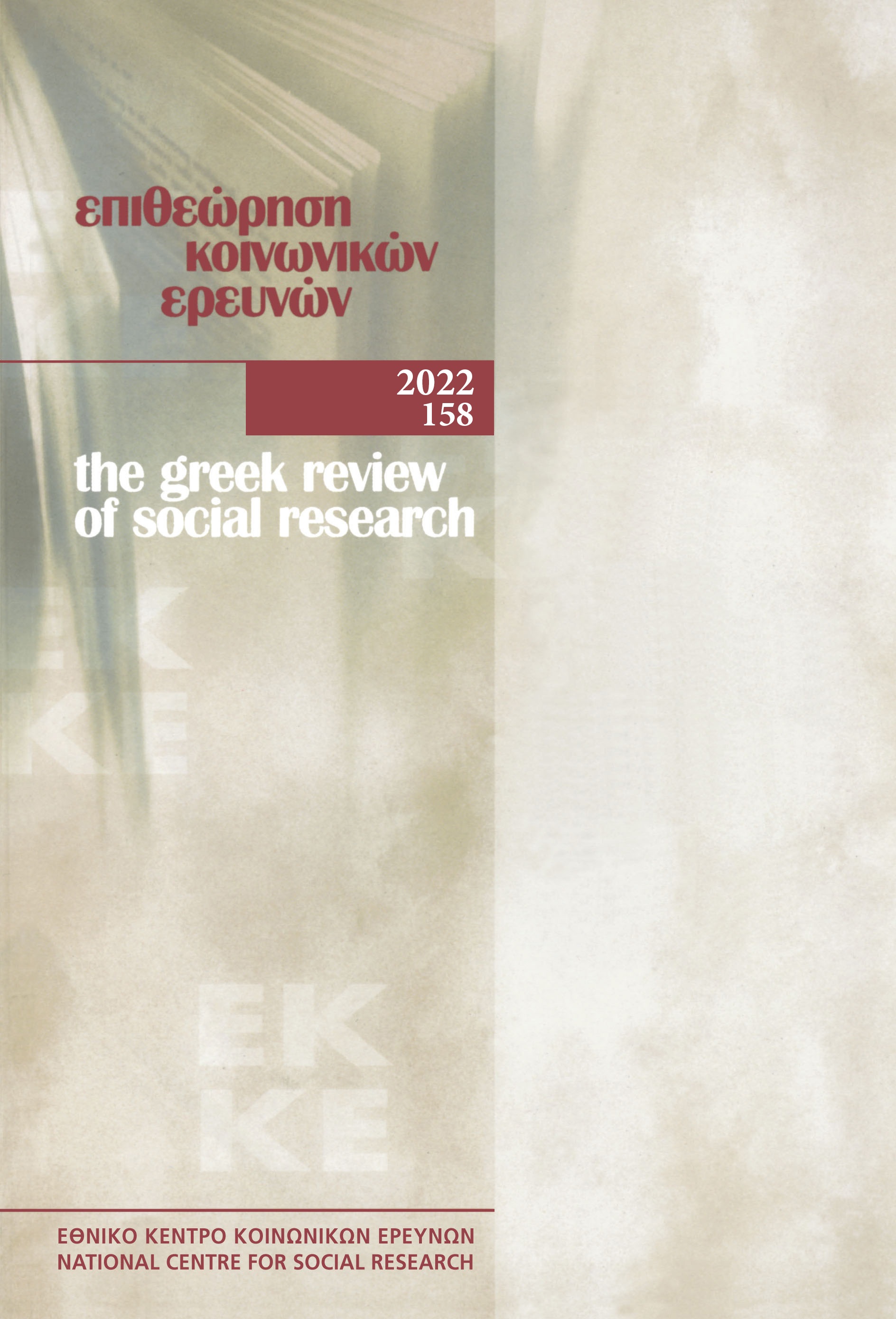From ‘‘pasokification’’ to ‘‘de-pasokification’’? PASOK’s deviation from its political tradition (2012-2020)

Abstract
The present article analyzes PASOK’s path from 2012 to 2020 and its adaptation to its '‘post-hegemonic’' phase. Its hegemonic position in the Greek party system stemmed from a political tradition corresponding to three dimensions (organizational, ideological, and strategic). Since 2012, PASOK opted for a trajectory of adaptation to the new political environment that was created through its electoral demise.This process took the form of a triple deviation from this tradition. This shift is explained through three independent variables: the variable of the bailout programmes and the terms of their implementation; the variable of the party’s position in the post-2012 party competition; the variable of the cartelization of the party.
Article Details
- How to Cite
-
Eleftheriou, C., & Tassis, C. D. (2022). From ‘‘pasokification’’ to ‘‘de-pasokification’’? PASOK’s deviation from its political tradition (2012-2020). The Greek Review of Social Research, 158, 97–133. https://doi.org/10.12681/grsr.29398
- Issue
- 2022: 158
- Section
- Articles

This work is licensed under a Creative Commons Attribution-NonCommercial 4.0 International License.
Authors who publish with this journal agree to the following terms:
- Authors retain copyright and grant the journal right of first publication with the work simultaneously licensed under a Creative Commons Attribution Non-Commercial License that allows others to share the work with an acknowledgement of the work's authorship and initial publication in this journal.
- Authors are able to enter into separate, additional contractual arrangements for the non-exclusive distribution of the journal's published version of the work (e.g. post it to an institutional repository or publish it in a book), with an acknowledgement of its initial publication in this journal.
- Authors are permitted and encouraged to post their work online (preferably in institutional repositories or on their website) prior to and during the submission process, as it can lead to productive exchanges, as well as earlier and greater citation of published work (See The Effect of Open Access).


